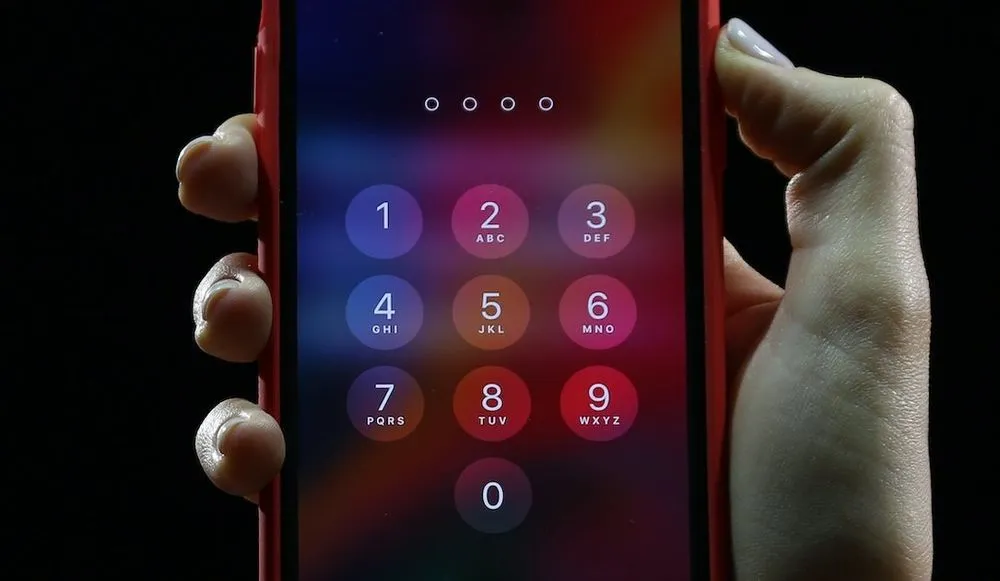Utah high court rules suspects don’t have to provide police with phone passcodes
The Utah Supreme Court ruled Thursday in favor of a defendant who had argued police could not force him to provide the passcode to his phone in order to aid their prosecution.
The state’s highest court concluded that cell phone passcodes are protected under the Fifth Amendment, which gives Americans the right not to self-incriminate under oath.
The defendant, Alfonso Margo Valdez, had been accused of kidnapping, assaulting and robbing his ex-girlfriend and was initially convicted for the crime.
Subsequently an appellate court ruled that “having determined that Valdez’s refusal to provide his passcode was protected by the Fifth Amendment … the State’s commentary at trial on Valdez’s refusal was a Fifth Amendment violation,” according to a characterization from the justices.
The state Supreme Court upheld that ruling, sending the case back to the district court.
Some legal scholars believe Thursday’s decision could pave the way to a U.S. Supreme Court case.
UC Berkeley School of Law Professor Orin Kerr posted on social media about the ruling soon afterward, predicting “possible U.S. Supreme Court review.”
The issue has been controversial with courts splitting nationwide. High courts in Indiana and Pennsylvania previously came to a similar decision as the Utah justices, ruling that compelling defendants to unlock their phone violates their right against self-incrimination. However, New Jersey, Massachusetts and Illinois rulings have held the opposite.
Valdez was convicted in his initial trial, but appealed on the grounds that his phone’s passcode was constitutionally protected. The appellate court sided with Valdez, saying that supplying the passcode would have been incriminating because “it has long been settled that the Fifth Amendment’s self-incrimination protection encompasses compelled statements that lead to the discovery of incriminating evidence even though the statements themselves are not incriminating and are not introduced into evidence.”
The state Supreme Court backed that argument.
Civil rights groups filed an amicus brief in the case, arguing that “the State cannot compel a suspect to recall and share information that exists only in his mind.”
“The realities of the digital age only magnify the concerns that animate the Fifth Amendment’s protections,” the brief said. “In accordance with these principles, the Court of Appeals held that communicating a memorized passcode is testimonial, and thus the State’s use at trial of Mr. Valdez’s refusal to do so violated his privilege against self-incrimination.”
Suzanne Smalley
is a reporter covering digital privacy, surveillance technologies and cybersecurity policy for The Record. She was previously a cybersecurity reporter at CyberScoop. Earlier in her career Suzanne covered the Boston Police Department for the Boston Globe and two presidential campaign cycles for Newsweek. She lives in Washington with her husband and three children.



